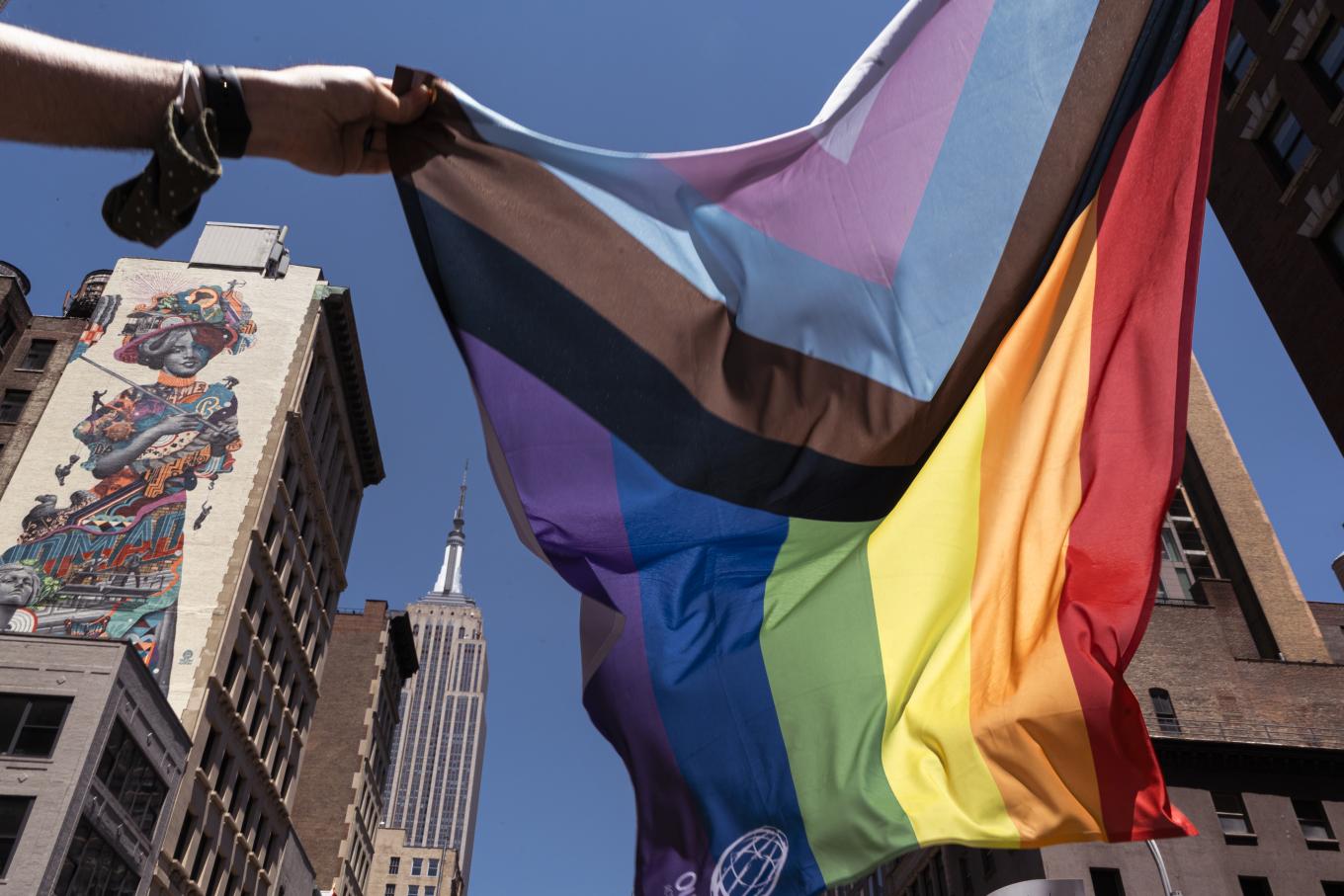
Country Overview
Nepal
At a glance
View more for this country:
Nepal has been seen as a beacon for the rights of sexual and gender minorities in South Asia, thanks to positive societal attitudes and the Supreme Court’s progressive decisions on LGBTIQ people’s human rights. While the country’s 1963 National Code criminalizes “unnatural sexual intercourse,” a 2007 Supreme Court decision in Sunil Babu Pant and Others v. Nepal Government and Others found that same-sex sexual intercourse should not be construed as unnatural sexual intercourse, thereby legalizing consensual same-sex sexual acts between adults. The same ruling held that the government should recognize a third legal category for individuals who identify as neither male nor female. In 2017, the Nepali Supreme Court ruled that trans individuals should be able to legally change their name and gender marker, which coincided with the issuance of the first passport in Nepal with the marker “O” for Other. However, the government has maintained burdensome requirements, including medical interventions, for individuals who wish to change their gender marker from female to male or male to female, although a 2024 court ruling required the government to recognize a trans woman as a woman without proof of medical intervention.
Article 18(3) of the Constitution includes a provision prohibiting discrimination against sexual minorities, thereby offering broad protections to LGBTQ individuals. In June 2023, a court issued a historic order directing the government to make the necessary arrangements to register the marriages of “non-traditional couples and sexual minorities,” resulting in the first same-sex marriage in November 2023. Although the order does not give same-sex couples equal marriage rights, activists are working tirelessly with decision-makers to pass legislation that will enshrine marriage equality for all couples.
Although LGBTIQ individuals still face harassment, stigmatization, and discrimination due to societal taboos, authorities actively seek to improve the recognition of their rights. In June 2021, Nepal included LGBTIQ people for the first time in the national census, helping them gain better access to social security, health, and education schemes. LGBTIQ organizations and civil society actors are able to register as such and operate freely across the country.
Outright’s research in 2023, based on surveys with 100 LGBTIQ people in Nepal, ages 50 to 75, indicates that the intersection of discrimination based on age and sexual orientation, gender identity, gender expression and sex characteristics leads to specific challenges for older LGBTIQ persons, including discrimination in health care settings, exclusion from social security, and the lack of physical and emotional safety.
Intersex persons in Nepal face human rights violations related to bodily autonomy and physical integrity, are invisibilized in school curricula, and encounter legal lacunas as a result of laws that are based on cisheteronormative female/male binaries. Some intersex people have noted the harm caused by religious beliefs that attribute innate physical intersex traits to “misdeeds or sins committed in a previous life”; these beliefs contribute to discrimination, ostracization, and violence, including infanticide and medically unnecessary interventions on intersex infants and children.
*Outright research indicates that the bodily autonomy of intersex people is not respected and protected in this country.
Global Impact
Sub-Saharan Africa
Outright supports LGBTIQ organizations in Sub-Saharan Africa and works with mainstream human rights organizations to respect human rights and influence positive changes in laws, policies, attitudes and beliefs that cause discrimination against LGBTIQ people.
United Nations
Our work at the United Nations centers around advocating for the advancement of the rights of LGBTIQ people.
View this regionAsia
Our work in Asia promotes acceptance of sexual and gender diversity at all levels of society.
View this regionSouthwest Asia and North Africa
In the Southwest Asia and North Africa, we partner with local groups in various countries as part of our international solidarity work. We also work with our local partners on different topics through capacity building, advocacy, research and holistic security.
Europe and Central Asia
Outright International partners with activists to fight for an end to human rights violations based on sexual orientation, gender identity and gender expression in Europe and Central Asia, where most of our work involves emergency responses to harassment, discrimination, violence, and most recently, Russia’s brutal and expanded invasion of Ukraine.
Americas
Our work in the Americas continues to build on the fundamental and positive transformation of human rights protections in recent years. We partner with groups in the Caribbean that focus on ending gender-based violence and eradicating discrimination against trans people.
Pacific
Our work in the Pacific aims to increase the visibility of activists, respond to human rights emergencies, and actively bridge local, regional, and international activism to achieve equality and justice.
Global
View this region
Human Rights Research
Since 1990, we have partnered with activists from all over the world to produce hundreds of groundbreaking reports.
Read Our Reports